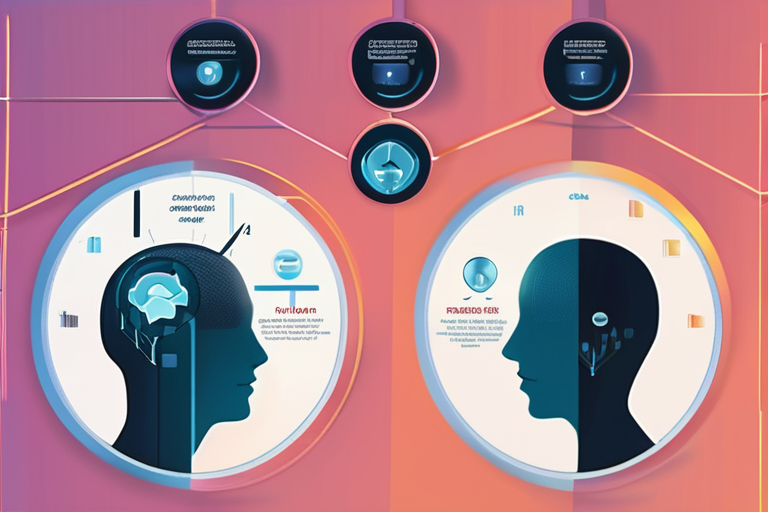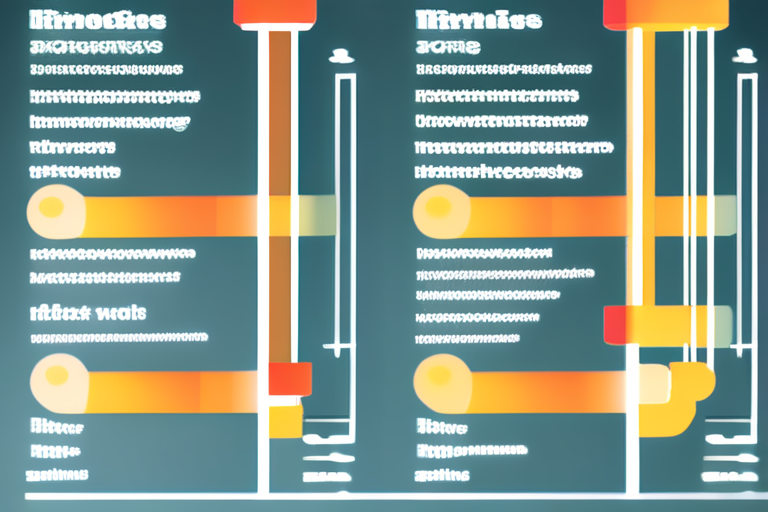Unlocking Your Sleep Profile: 5 Distinct Profiles Revealed to Impact Health


Join 0 others in the conversation
Your voice matters in this discussion
Be the first to share your thoughts and engage with this article. Your perspective matters!
Discover articles from our community

 Hoppi
Hoppi

 Hoppi
Hoppi

 Hoppi
Hoppi

 Hoppi
Hoppi

 Hoppi
Hoppi

 Hoppi
Hoppi

Vinted Users Frustrated by InPost UK Parcel Delivery Delays Users of the second-hand shopping app Vinted have expressed outrage on …

Hoppi

Breaking News: Nigel Farage Faces Urgent Questions Over £885,000 Clacton Constituency Home Funding Nigel Farage, the Reform UK leader and …

Hoppi

Breaking News: MIT Technology Review Names Sneha Goenka Innovator of the Year Sneha Goenka, an assistant professor of electrical and …

Hoppi

Ministers Yet to Seek Climate Advice on Heathrow Expansion The UK government's climate change advisory panel has yet to be …

Hoppi

Government Shutdown Enters Second Week: A Look at Past Shutdowns for Clues on Duration The federal government shutdown, which began …

Hoppi

Jimmy Kimmel Isn't Coming Back for Everyone: A Tale of Free Speech and the FCC As the sun sets on …

Hoppi